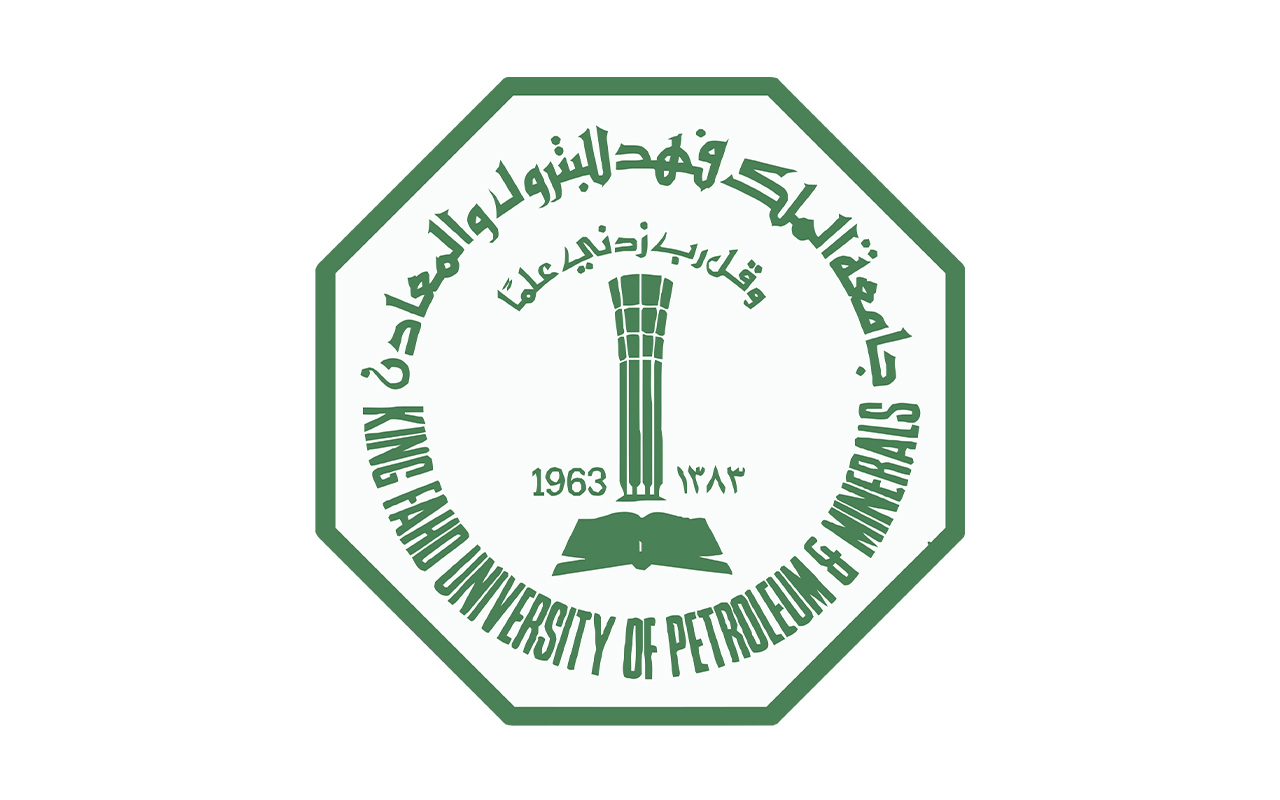King Fahd University of Petroleum and Minerals
King Fahd University of Petroleum and Minerals is one of twenty-nine public universities in the Kingdom of Saudi Arabia. It is located in Dhahran, Eastern Province. It was established by a Royal Decree on September 23, 1963, which was the thirty-second National Day of the Kingdom, becoming the first public university in the Eastern Province to include three other public universities: Imam Abdulrahman Bin Faisal University, University of Hafr al-Batin, and King Faisal University.
Location of King Fahd University of Petroleum and Minerals
King Fahd University of Petroleum and Minerals (KFUPM) enjoys a vital location, as it is located near the King Abdulaziz Air Base and the headquarters of the Saudi Oil Company (Aramco), at the site of the discovery of the Kingdom's first oil well, "Dammam Well No. 7" also known as Well of al-Khair. It is about twenty minutes from King Abdulaziz Port, about two km from al-Khobar, and twenty km from Dammam. King Fahd International Airport in Dammam is situated approximately sixty km away.
King Fahd University of Petroleum and Minerals Global Ranking
King Fahd University of Petroleum and Minerals was ranked tenth globally in Petroleum Engineering and entered the list of the top two hundred universities worldwide, according to the QS World University Rankings 2020. It also advanced to fourth place globally among universities in recording patents in the United States for 2019, according to the rankings by AcadofInventors and IPO.
King Fahd University of Petroleum and Minerals ranked eighty-seventh in the list of the top one hundred universities globally in Engineering and Technology, advancing eighty-three places from the 2019 ranking, according to the QS World University Rankings for 2022.
In November 2022, King Fahd University of Petroleum and Minerals was awarded the Gold Medal by the Executive Council of the Association for Information Systems in the Middle East and North Africa in recognition of its contribution to the advancement of scientific research in information systems in the Middle East and North Africa region.
Beginnings of King Fahd University of Petroleum and Minerals
The university started operating officially in 1963 and welcomed its first batch of students the following year, with a total of sixty-seven students. They enrolled in the College of Petroleum and Minerals, which was the initial nucleus of the university. Academically and administratively, the institution transformed into King Fahd University of Petroleum and Minerals in 1975. In 1986, it was visited by King Fahd Bin Abdulaziz Al Saud, and following this visit, the university was later named King Fahd University of Petroleum and Minerals.
The university consists of eight colleges encompassing thirty-three academic departments, and the language of instruction is English. Since its establishment, the university has graduated approximately thirty-nine thousand students and has around ten thousand enrolled male and female students. According to the university's website, the university also employs 1,121 faculty members. Among its notable alumni are Prince Abdulaziz Bin Salman Al Saud (Minister of Energy) and Mohamed Bin Khalifa Bin Ahmed Al Khalifa (former Minister of Oil in the Kingdom of Bahrain).
King Fahd University of Petroleum and Minerals Consortium for a Sustainable Future (CSF)
On September 1, 2022, King Fahd University of Petroleum and Minerals launched the first global research consortium under the name of the King Fahd University of Petroleum and Minerals Consortium for a Sustainable Future (CSF).
The consortium aims to bring together main collaborators from academic, industrial, and governmental sectors in the field of research and development to address some of the most challenging sustainability issues facing humanity. The consortium is headed by Professor Omar Yaghi. From a scientific perspective, the consortium follows an approach of material-to-machine transformation. It involves the exploration of new material categories with exceptional characteristics, followed by their engineering and conversion into advanced machines designed for practical purposes, capable of outperforming other solutions for existing applications.
